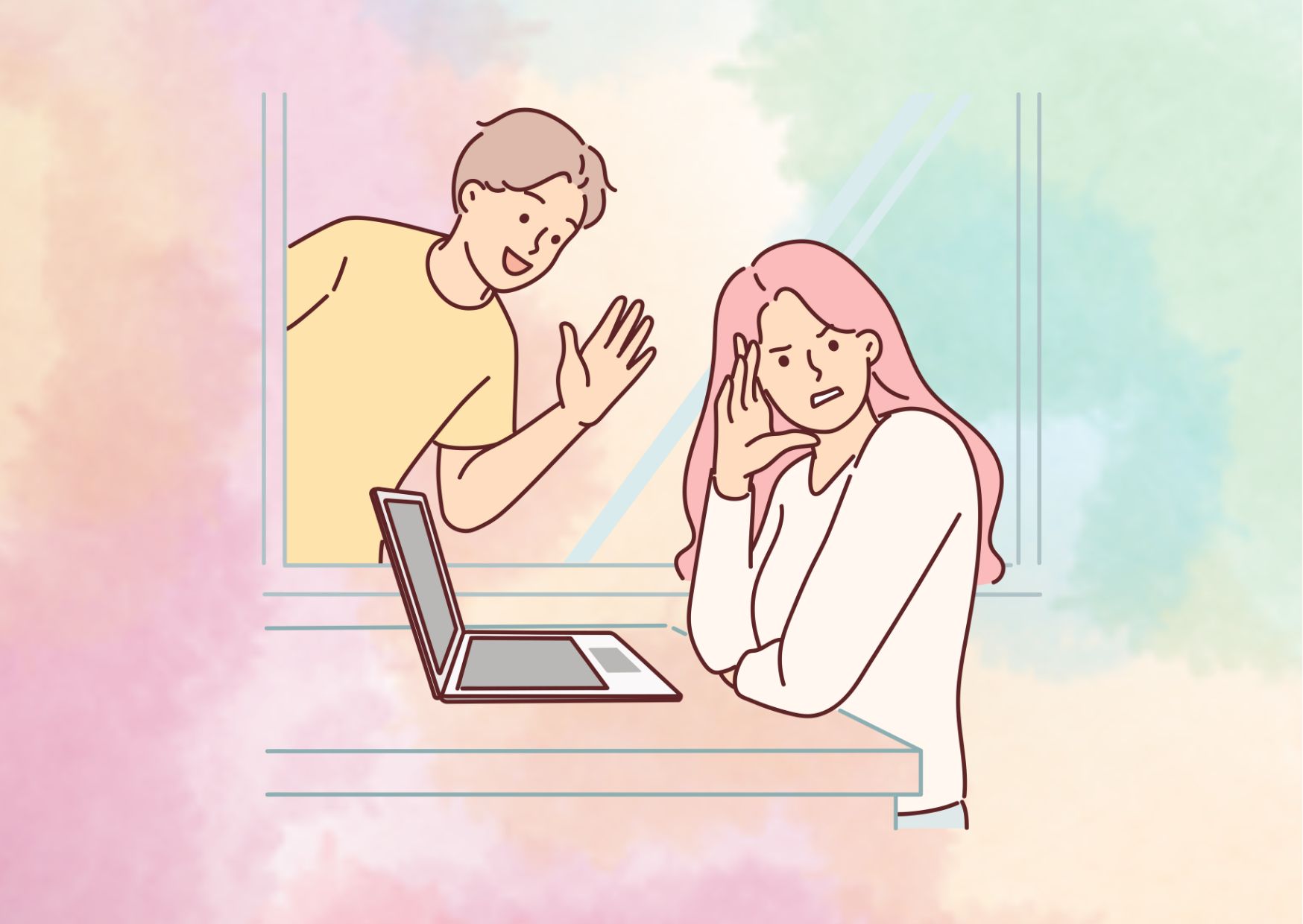Obsessive Love Disorder: Understanding and Overcoming Unhealthy Fixations
Introduction
In the realm of love and relationships, it is not uncommon to experience intense emotions and attachments to our partners. However, when these feelings transform into an unhealthy obsession, it can have detrimental effects on our mental health and overall well-being. This phenomenon is often referred to as “Obsessive Love Disorder” (OLD), although it is not officially recognized as a distinct mental illness. While there is ongoing debate among professionals, understanding the signs, causes, and potential treatments for obsessive love can provide valuable insights into improving our relationships and seeking support when needed.
Unveiling the Signs of Obsessive Love Disorder
While there is no standardized list of symptoms for obsessive love disorder, individuals experiencing this phenomenon may exhibit certain signs that point towards an unhealthy fixation on their romantic interest:
- Intrusive Thoughts and Constant Preoccupation: People with obsessive love disorder often find it challenging to stop thinking about their romantic interest, leading to a preoccupation that dominates their thoughts.
- Craving Constant Contact: A strong desire for constant contact with the romantic interest is a common characteristic of obsessive love. This can manifest as excessive phone calls, text messages, or social media interactions.
- Intense Jealousy and Possessiveness: Obsessive love can fuel extreme jealousy and possessiveness. Individuals may struggle with feelings of insecurity and become overly protective of their romantic interest, often exhibiting controlling behaviors.
- Difficulty Accepting Rejection: Those with obsessive love disorder may find it challenging to accept rejection or the lack of reciprocation from their romantic interest. This can lead to persistent efforts to win their affection, despite clear indications of disinterest.
- Violating Personal Boundaries: Boundaries become blurred in obsessive love, with individuals disregarding the personal space and privacy of their romantic interest. This can include monitoring their communication, whereabouts, and behaviors without their consent.
- Hyper-Sensitivity and Emotional Displays: People with obsessive love disorder may display heightened emotional sensitivity, reacting strongly to perceived slights or lack of attention from their romantic interest.
- Hypersensitivity to Negative Feedback: Constructive criticism or negative feedback from the romantic interest may be met with an exaggerated response, further perpetuating the obsession.
By recognizing these signs, individuals can begin to acknowledge and address their obsessive love tendencies, seeking support and guidance in navigating healthier relationships.
